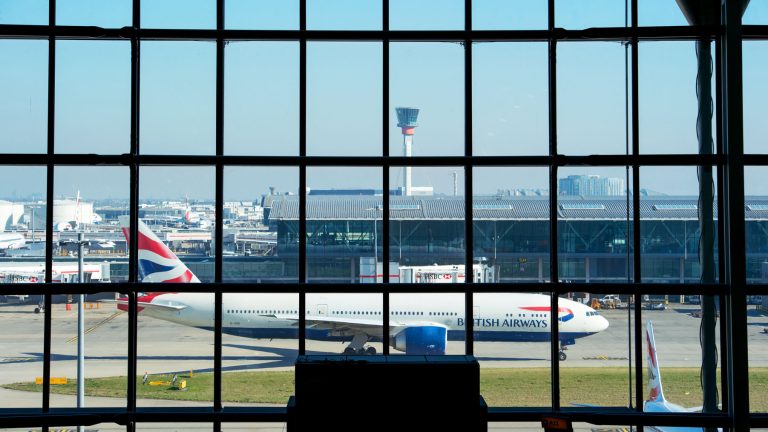It looks like nothing was found at this location.
You May Like
Oasis Donate Signed Guitar for Charity Auction to Kickstart Manchester’s Big Summer of Music
Manchester music legends Oasis have donated a signed guitar to help launch a major summer of live music in their hometown. The guitar, an Epiphone Riviera signed by Liam and Noel Gallagher, will be auctioned off in September to raise money for grassroots music projects and venues across the city. **Centrepiece of the ‘Music for […]
Heathrow Launches Month-Long Whisky Festival with Food Pairings and Exclusive Tastings
Heathrow Airport has transformed its annual whisky festival into an immersive experience this May, inviting travellers to explore the world of whisky through tastings, food pairings, and exclusive events across all four terminals. The newly branded “Whisky Social Club” offers passengers the opportunity to participate in expert-led masterclasses from renowned distilleries including Glen Moray, Bowmore, […]
Historic Bruce Castle Museum Reopens with Enhanced Gallery Space This Weekend
Bruce Castle Museum and Archive is set to welcome visitors this Sunday (May 4, 2025) for its Heritage Quarter Open Day, offering the public their first opportunity to view the newly renovated East Wing gallery spaces. The renovation project, funded by Haringey Council and Arts Council England through the Museum Estate and Development (MEND) capital […]












